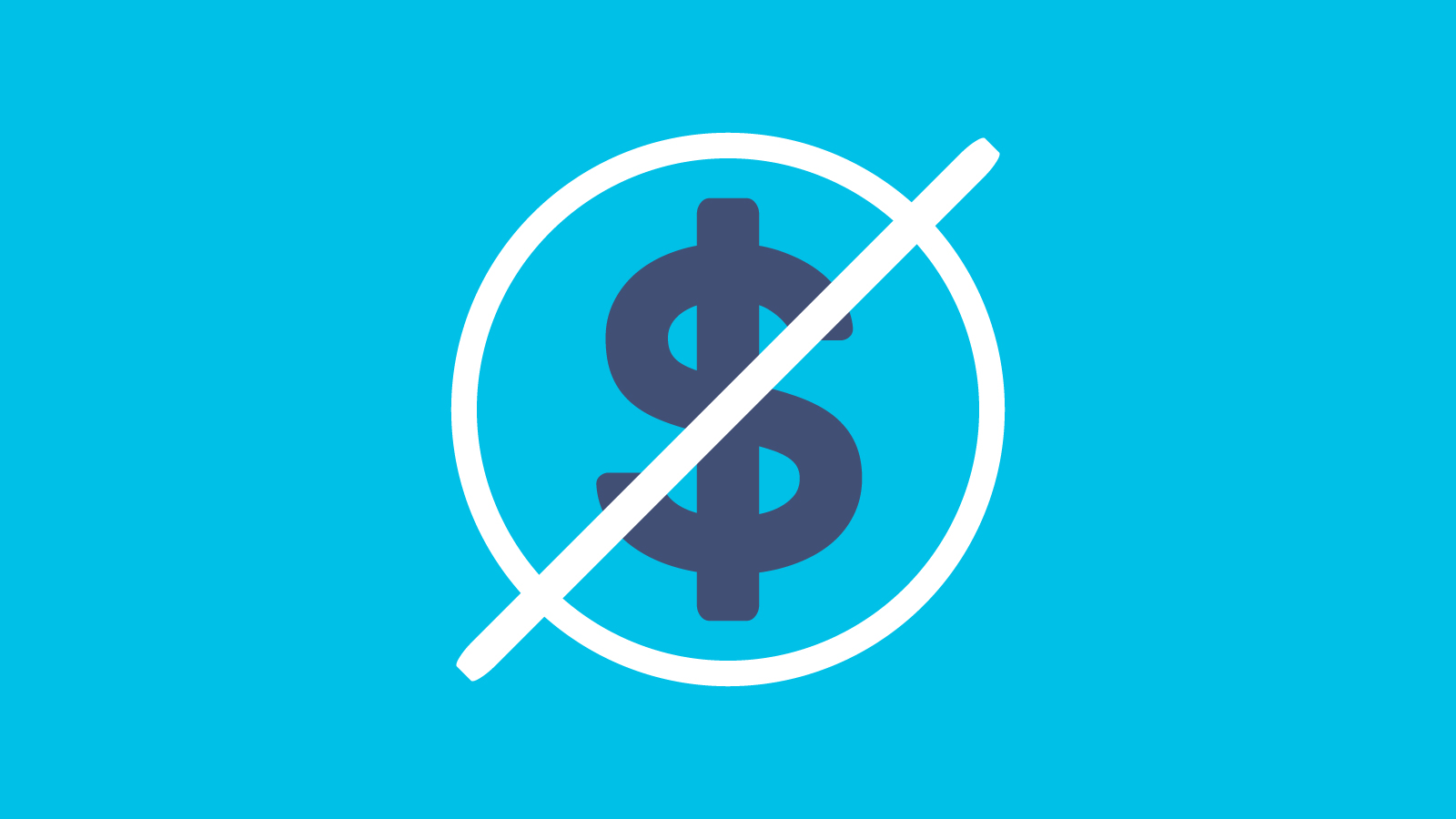Freebies and Opportunities for Science and STEM Teachers, January 23, 2024
By Debra Shapiro

Freebies for Science and STEM Teachers: Elementary and Middle Level
Data Packets Activity on How Satellites Share Data From Space to Earth
Last summer, Hughes Network System launched its JUPITER™ 3 satellite, which lets Hughes supply reliable and faster Hughesnet internet services worldwide. 4-H and Hughesnet have teamed up to offer students in grades 3–8 an opportunity to explore the scientific principles behind the transfer of data via satellites through a hands-on activity. The Data Packets activity provides an interactive learning experience, educating kids about how satellites use data packets to transmit information and the decomposition process involved in this fascinating process.
Freebies for Science and STEM Teachers: Middle Level and High School
Charles Young and the Formation of National Parks
Who is Major Charles Young and what is his role in shaping the National Park Service? An activity shared in a post from the blog Teaching With the Library of Congress engages middle and high school students in examining three primary sources—an historical photograph, a congressional document, and a newspaper article—to explore the life of an individual who broke through barriers and experienced high levels of success through his own volition. The timeline of Young’s life spans The Civil War and Reconstruction Era, The Spanish-American War, and World War I, providing a rich context for consideration. The article includes links to the three primary sources as well as questions for teachers to ask students as they examine and reflect on each document, and concludes with a question for students to consider: What life advice do you think Charles Young would give you today?
Freebies for Science and STEM Teachers: High School
Cybersecurity Course
This year-long course for students in grades 10–12 provides a no-cost, safe, virtual lab environment in which students can learn and practice cybersecurity skills. The course—which has six units covering more than 150 lesson topics and activities—guides students through various cybersecurity scenarios to learn about the back end of IT systems used by today’s industries. The course also addresses topics in cyber law and policy, Linux, networking technology basics, risk assessment, cryptography, and other cybersecurity tools. (Note: E-mail registration is required to access the course materials.)
Opportunity for Grades K–12
Youth Learning as Citizen Environmental Scientists Grants
Youth Learning as Citizen Environmental Scientists offers grants to environmental educators to facilitate youth environmental research and data collection and to help students develop scientific thinking abilities. Educators in the United States may apply for grants of up $1,250 for instruments and supplies. The application deadline is February 29.
Opportunity for Middle School, High School, and University
International Day of Women and Girls in Science Event
University Health Network’s Krembil Research Institute (the research arm of Canada’s Toronto Western Hospital, advancing brain, arthritis, and vision science) will host a virtual event on February 9 at 10–11 a.m. Eastern Time in support of International Day of Women and Girls in Science. This free public education outreach event is geared to students of all backgrounds and affiliations in middle school, high school, and early university.
The event will feature talks presented by three highly accomplished female scientists and clinicians. Drs. Nardin Samuel (Krembil Brain Institute), Tina Felfeli (Donald K. Johnson Eye Institute) and Nikita Looby (Schroeder Arthritis Institute) will each give short TED-talk–style, student-friendly presentations on their current research, as well as what inspired them to enter the fields of brain, vision, and arthritis research. After the presentations, Dr. Chika Stacy Oriuwa, physician, poet, and advocate for underrepresented populations, will moderate a panel discussion, answering questions sent in advance by students.
Advance registration is required. After registering, educators can submit questions on behalf of their students for the scientists to answer (i.e., questions about what it’s like to be a scientist or about the scientists’ specific area of research). All registrants will receive a recording of the event. Watch a preview video at https://www.youtube.com/watch?v=AaE8sKLI4rk.
Opportunity for High School
National Eye Institute’s Eye on the Future Teen Video Contest
National Eye Institute’s Eye on the Future campaign, which encourages all high school students to explore a career in science, includes an annual teen video contest. Any U.S. high school student can enter the contest by submitting a short video about science in their world, the field or lab, or their future. They can record video submissions on their own or with friends.
Submissions are due by April 14. Winners will receive cash prizes and a free trip to the National Institutes of Health (NIH) in Maryland for a day of science, networking, and fun!
Citizen Science Computer Science Distance Learning Environmental Science Equity General Science Inclusion Instructional Materials Interdisciplinary Lesson Plans News STEM Teaching Strategies Technology Elementary Middle School High School Postsecondary


